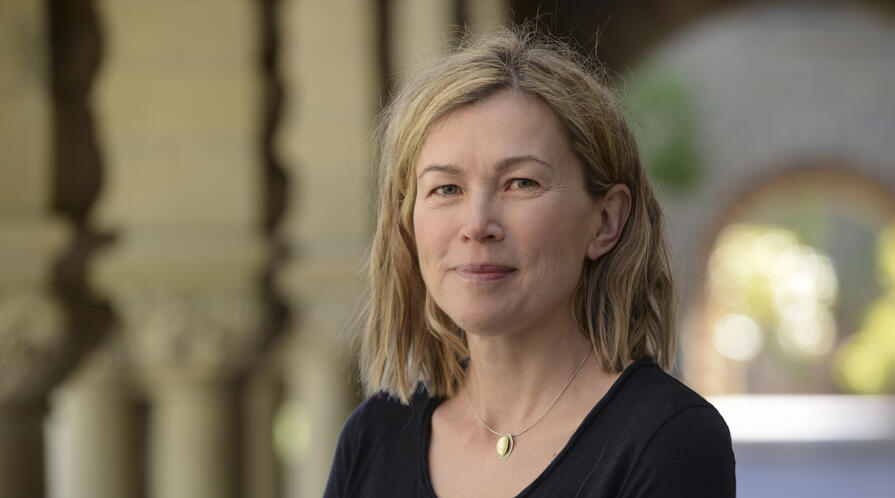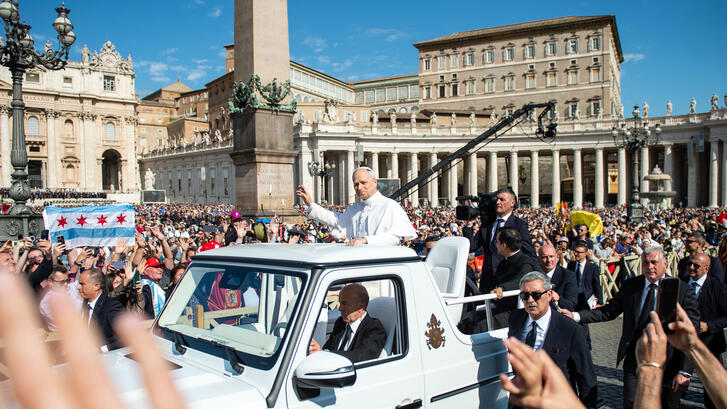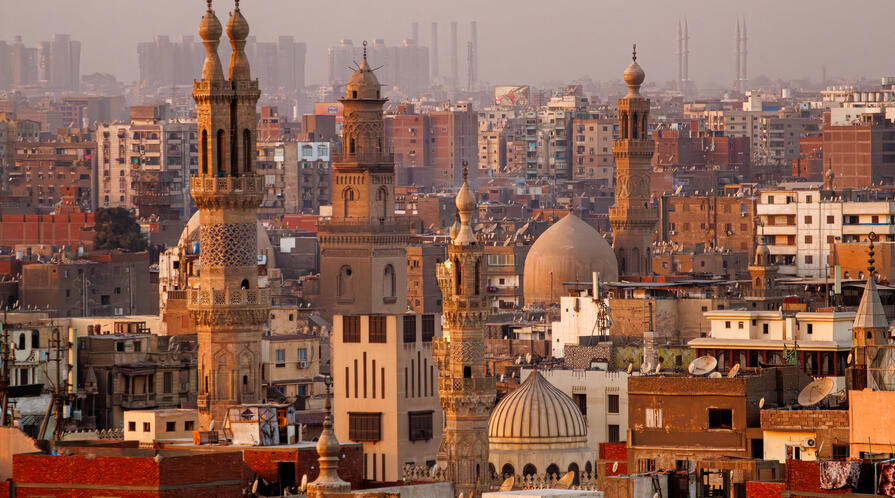Anna Grzymala-Busse Honored with the 2025 Heinz I. Eulau Award for Best Article Published in American Political Science Review
Please join us in congratulating Anna Grzymala-Busse, the Michelle and Kevin Douglas Professor of International Studies in the Department of Political Science, Senior Fellow at the Freeman Spogli Institute for International Studies (FSI), and the Director of the Europe Center, winner of the American Political Science Review's 2025 Heinz I. Eulau Award. The award honors the best articles published during the previous calendar year in American Political Science Review (APSA) and Perspectives on Politics. Dr. Eulau served as the president of APSA from 1971 to 1972, and this award was established to honor his contributions to the discipline.
In her award-winning article, “Tilly Goes to Church: The Religious and Medieval Roots of European State Fragmentation,” Professor Grzymala-Busse challenges traditional views of how European states formed, demonstrating how the medieval Catholic Church deliberately maintained divided political power to protect its influence.
The Award Committee shared the following on her article and selection:
Anna Grzymala-Busse’s “Tilly Goes to Church: The Religious and Medieval Roots of European State Fragmentation” challenges paradigmatic understandings of state development, according to which centralizing European states overcame fragmentation in the early modern era by consolidating strong states through warfare. Critics of this bellicist account have noted several empirical challenges: namely, the fragmentation of Europe was in fact highly persistent; concomitant institutions such as taxation and courts, which were supposedly consequents of mobilization for conflict, arose prior to warfare; and war did not lead uniformly to state consolidation.
In this paper, Gzrymala-Busse proposes a new explanation for these discordant patterns. She focuses on a critical but often ignored actor: the Catholic Church. Fragmentation, she argues, was a direct and intended consequence of concerted papal effort, especially starting in the 11th century, to weaken the authority of those rulers the Church saw as a threat to its autonomy. Thus, where states became relatively consolidated, including medieval England, France, and Spain, this was due to alliances between secular rulers and popes; while fragmentation was a function of Church-secular conflict, as in especially the Holy Roman Empire. Where states consolidated, institutions such as courts, parliaments and administrations arose often in mimicry of the Church, and appeared substantially earlier than required by early modern warfare.
The paper leverages rich argumentation and information drawn from a wealth of secondary sources, as well as original data on state boundaries, the timing of institutional innovations, the presences of proxy wars funded by popes, and indicators of secular conflict to test the association between papal conflict and fragmentation. It adds up to a compelling account, underscoring not only of the drawbacks for the paradigmatic understanding of European state development but also providing a novel and convincing empirical explanation for patterns of state consolidation and fragmentation.
"Tilly Goes to Church" was also awarded the Best Article Prize by the Comparative Politics section of the American Political Science Association in June 2024. You can read the full article here.
Congratulations, Professor Grzymala-Busse, on this high honor!
Read More

The award-winning article is entitled “Tilly Goes to Church: The Religious and Medieval Roots of European State Fragmentation.”









